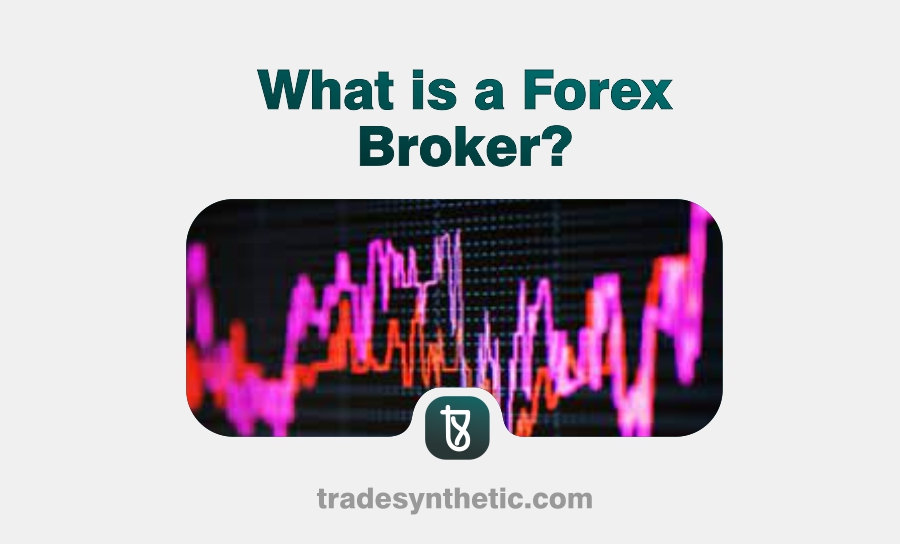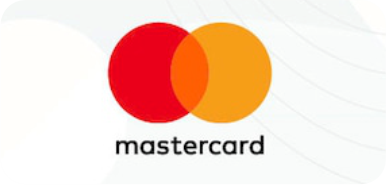If you’re stepping into forex trading for the first time, one of the first things you need to understand is the role of a forex broker. A forex broker is a financial intermediary that provides traders access to the foreign exchange market. Without a forex broker, you wouldn’t be able to buy or sell currency pairs.
Forex brokers play a crucial role in ensuring smooth transactions, offering trading platforms, and providing leverage to maximize your trading potential. In this guide, you’ll discover everything you need to know about forex brokers, including how they work, types of brokers, how to choose the best one, and more.
How Does a Forex Broker Work?
A forex broker acts as a bridge between retail traders and the interbank forex market. Here’s how the process works:
- Providing Access to the Market – Forex brokers allow traders to access real-time currency exchange rates and execute trades through their platforms.
- Executing Trades – When you place a trade order, the broker either passes it to the larger forex market (ECN/STP brokers) or takes the opposite position (market makers).
- Leverage and Margin Trading – Brokers offer leverage, allowing traders to control larger positions with a smaller capital.
- Spreads and Commissions – Brokers make money through spreads (the difference between the bid and ask price) or by charging commissions on trades.
- Providing Trading Platforms – Most brokers provide platforms like MetaTrader 4 (MT4), MetaTrader 5 (MT5), and proprietary web-based platforms to facilitate trading.
Types of Forex Brokers
There are different types of forex brokers, and choosing the right one depends on your trading style and needs.
1. Market Makers (Dealing Desk Brokers)
Market makers create their own market for traders by taking the opposite side of their trades. They profit from spreads and sometimes engage in price manipulation. However, they offer fixed spreads and guaranteed liquidity.
2. ECN (Electronic Communication Network) Brokers
ECN brokers connect traders directly to the interbank market, allowing them to trade with banks, financial institutions, and other traders. These brokers provide:
- Tight spreads
- Faster execution
- Transparent pricing
3. STP (Straight Through Processing) Brokers
STP brokers send orders directly to liquidity providers without intervention. They combine features of both market makers and ECN brokers, ensuring fair pricing and execution speed.
How Forex Brokers Make Money
Understanding how forex brokers make money can help you choose a broker that aligns with your trading strategy. Forex brokers generate revenue in several ways, including spreads, commissions, overnight fees, and markups on trades.
1. Spreads
The most common way forex brokers make money is through the spread, which is the difference between the bid (buy) and ask (sell) prices. For example, if the EUR/USD bid price is 1.1050 and the ask price is 1.1052, the spread is 2 pips. The broker pockets this difference whenever you enter a trade.
- Fixed Spread Brokers: These brokers offer a fixed spread, meaning the gap between the bid and ask price remains constant regardless of market conditions.
- Variable Spread Brokers: These brokers have spreads that fluctuate based on market volatility.
2. Commissions
Some brokers charge a commission per trade, especially those offering ECN (Electronic Communication Network) accounts. These commissions are typically a fixed fee per lot traded.
3. Swap and Overnight Fees
If you hold a position overnight, brokers may charge a swap fee. This fee is based on the interest rate differential between the two currencies in a pair. Some brokers offer swap-free accounts for traders who wish to avoid interest-related costs.
4. Markups on Trades
Some brokers act as market makers and add a markup to the prices they offer. Instead of passing trades directly to liquidity providers, they execute trades internally and adjust prices slightly to earn a profit.
Being aware of how brokers make money allows you to make informed decisions and avoid unnecessary trading costs.
How to Choose the Best Forex Broker
Selecting the right forex broker is crucial for your trading success. Consider the following factors when making your choice:
1. Regulation and Security
Regulation ensures that the broker adheres to strict financial standards and protects your funds. A reliable broker should be regulated by a reputable financial authority such as Financial Conduct Authority (FCA) – UK, Commodity Futures Trading Commission (CFTC) – USA, Australian Securities and Investments Commission (ASIC) – Australia and Cyprus Securities and Exchange Commission (CySEC) – Europe.
2. Trading Fees and Spreads
Check if the broker offers tight spreads and low commissions. Some brokers have hidden fees, so read the terms carefully before signing up.
3. Trading Platforms and Tools
Look for brokers that offer MetaTrader 4 (MT4), MetaTrader 5 (MT5), cTrader, or proprietary platforms with advanced charting tools, indicators, and user-friendly interfaces.
4. Leverage and Margin
Different brokers offer different levels of leverage. If you’re a beginner, avoid excessive leverage as it increases risk.
5. Deposit and Withdrawal Options
A good broker should provide multiple payment methods, including bank transfers, credit/debit cards, PayPal, Skrill, Neteller, and cryptocurrencies.
6. Customer Support
Choose a broker with responsive 24/7 customer support via live chat, email, and phone.
Advantages and Disadvantages of Using a Forex Broker
Advantages
- Access to the forex market 24/5
- Trading with leverage
- Variety of trading tools and indicators
- Easy deposit and withdrawal options
- Availability of demo accounts for practice
Disadvantages
- Risk of trading with unregulated brokers
- High leverage can lead to losses
- Potential conflicts of interest with market makers
- Withdrawal delays in some cases
Conclusion
In summary, a forex broker is your gateway to the forex market. Choosing the right one requires careful research and understanding of factors like regulation, spreads, leverage, trading platforms, and customer support. Irrespective of whether you’re a beginner or an experienced trader, selecting a reputable and reliable broker can make a huge difference in your trading success.
Frequently Asked Questions (FAQs)
What is the role of a forex broker?
- A forex broker facilitates currency trading by providing traders access to the forex market, executing trades, and offering trading platforms and tools.
How do forex brokers make money?
- Brokers earn through spreads, commissions, and overnight swap fees.
What is the best forex broker for beginners?
- The best forex broker for beginners should have low fees, a demo account, educational resources, and an easy-to-use trading platform.
Can I trade forex without a broker?
- No, retail traders need a broker to access the forex market.
Is forex trading legal?
- Yes, forex trading is legal in most countries but must be done through a regulated broker.










